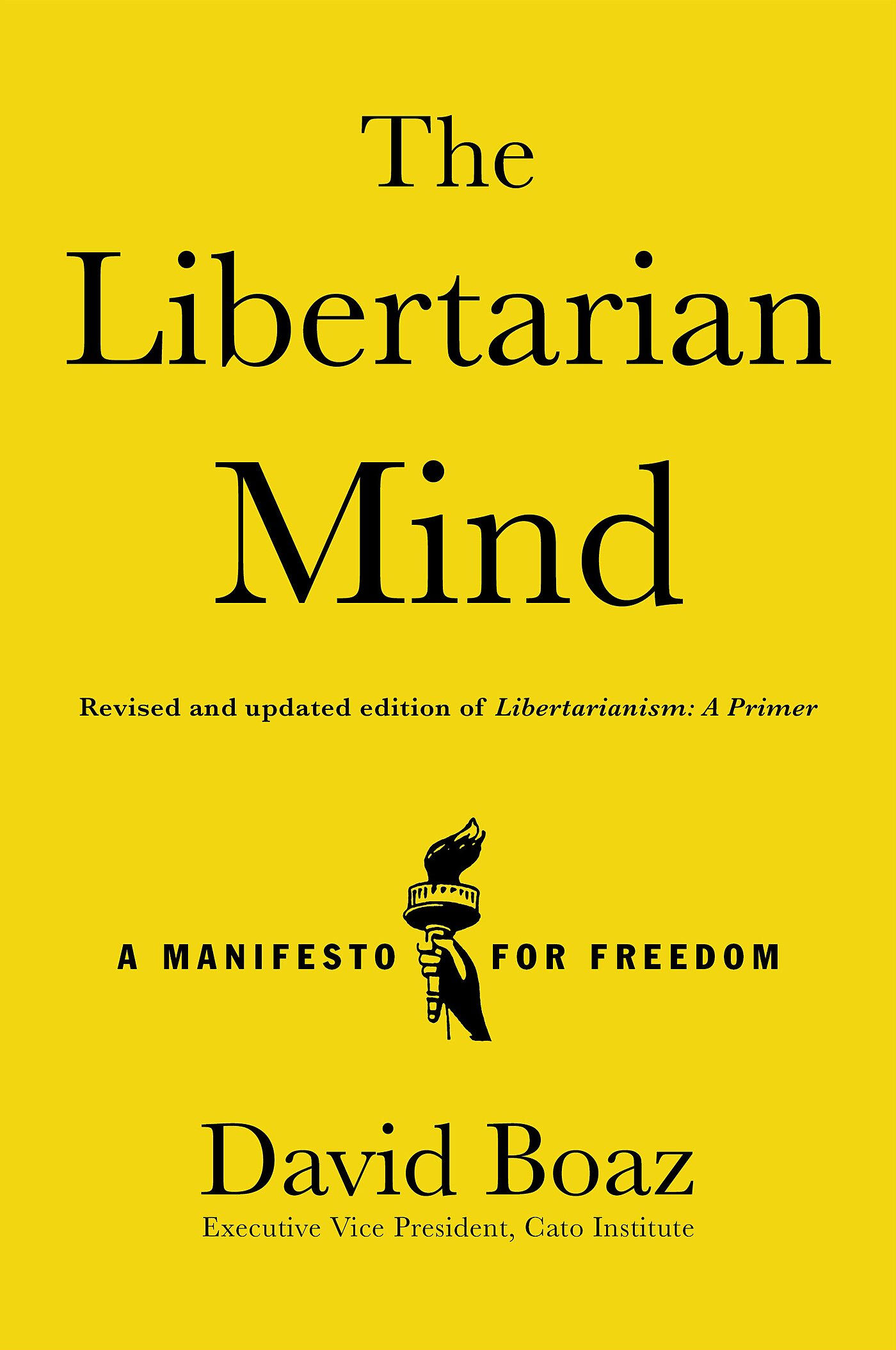President Donald Trump is not a libertarian, but some of his policies for downsizing the federal government certainly fall in the libertarian column. This is true, for instance, of the administration’s drive to defund the Corporation for Public Broadcasting (CPB), which helps to fund PBS and NPR. Scholars at the Cato Institute have called on Congress for decades to stop subsidizing the CPB. With enough political momentum behind them, perhaps Congress can get it done this time.
“Republicans must defund and totally disassociate themselves from NPR & PBS,” said Trump on Truth Social on April 1. In late March, he told reporters that he “would love to” defund PBS and NPR. “It’s been very biased. The whole group … and it’s a waste of money especially,” he said.
Elon Musk, who advises the Department of Government Efficiency (DOGE) on reducing federal waste, tweeted in February, “Defund NPR. It should survive on its own.”
On March 26, the House Subcommittee on DOGE held a hearing entitled, “Anti-American Airwaves: Holding the heads of NPR and PBS accountable.” The chairman of that subcommittee, Rep. Marjorie Taylor Greene (R‑GA), said, “For far too long, federal taxpayers have been forced to fund biased news. This needs to come to an end, and now.”
It is long overdue. The CPB was established by Congress in 1967; in 1970, the CPB founded NPR. On its website, the CPB says it “is the steward of the federal government’s investment in public broadcasting and the largest single source of funding for public radio, television, and related online and mobile services.” More than 70 percent of the funds the CPB receives are redistributed to 1,500-plus public radio and TV stations nationwide.
The so-called “investment” by the federal government is roughly $500 million a year—that’s taxpayer money. For FY2025, the CPB was allocated $535 million. Some of that money is distributed to NPR and PBS. For instance, the Corporation for Public Broadcasting provides grants to local radio stations that, in turn, pay to use content created by NPR, such as the news programs All Things Considered and Morning Edition. NPR also receives funding from private donors, corporate sponsors, foundations, and state and local governments.
PBS started in 1970, supplanting National Education Television, which was originally funded by the Ford Foundation. In addition to the CPB funding, PBS gets donations from individuals and foundations, corporate sponsorships, and the leasing of programs to its member stations. Some of those shows include PBS NewsHour, Frontline, and Sesame Street.
Today, with cable news and the Internet, there are thousands of media outlets American consumers can access, nationally and globally. There is no reason why the programs on PBS and NPR, many of which are popular—Sesame Street, NewsHour—should not compete in the same marketplace as everyone else. Further, nowhere in the Constitution does it say Congress should fund a national media.
“We wouldn’t want the federal government to publish a national newspaper,” Cato’s David Boaz testified before Congress in 2005. “Neither should we have a government television network and a government radio network.” Congress should “terminate the funding for CPB,” he added.
Boaz, author of The Libertarian Mind and former Distinguished Senior Fellow at Cato, further testified, “If anything should be kept separate from government and politics, it’s the news and public affairs programming that informs Americans about government and its policies. When government brings us the news—with all the inevitable bias and spin—the government is putting its thumb on the scales of democracy. Journalists should not work for the government. Taxpayers should not be forced to subsidize news and public affairs programming.”
The Cato Institute has called for defunding the Corporation for Public Broadcasting (and NPR and PBS) since the 1970s. In the Cato Handbook for Policymakers, 9th Edition, it says that Congress should “eliminate the National Endowment for the Arts; eliminate the National Endowment for the Humanities; and defund the Corporation for Public Broadcasting.” (In a new briefing paper, Cato’s Ryan Bourne details why DOGE and Congress should work to eliminate the National Endowment for the Arts.)
“In a society that constitutionally limits the powers of government and maximizes individual liberty, there is no justification for the forcible transfer of money from taxpayers to artists, scholars, and broadcasters,” states the Handbook. “… [W]hen government gets into the arts funding business, political conflicts ensue. To avoid political battles over how to spend the taxpayers’ money, to keep art and its power in the realm of persuasion, we would be well advised to establish the separation of art and state.”
On March 24, House Rep. Ronny Jackson (R‑TX) reintroduced the “No Partisan Radio and Partisan Broadcasting Services Act,” also called the “NPR and PBS Act.” It would eliminate “taxpayer funding for the partisan broadcasting outlets known as National Public Radio and the Public Broadcasting Service.” The legislation currently has 13 co-sponsors.
Way back in 1964, Ronald Reagan said, “No government ever voluntarily reduces itself in size. Government programs, once launched, never disappear. Actually, a government bureau is the nearest thing to eternal life we’ll ever see on this earth.”
But perhaps Ronald Reagan was too fatalistic. Maybe PBS and NPR can be eliminated. After all, who thought four months ago that the Department of Education would be largely dismantled, USAID slashed, and thousands of government bureaucrats shown the door?


